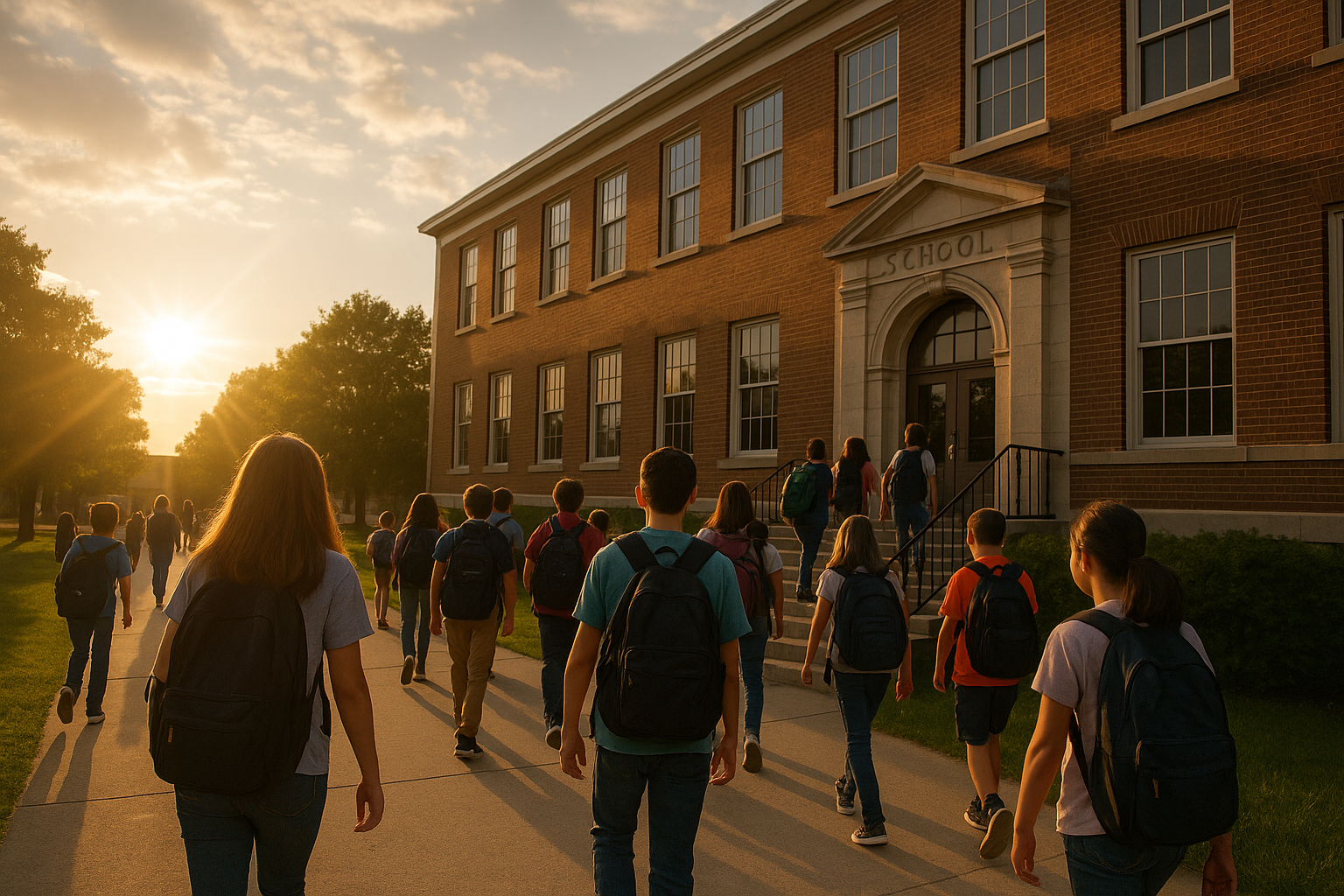The Role of Schools in Shaping a Meaningful Future

Punya Prasad Kafle
Vice Principal

In an age defined by rapid technological advancements and shifting social landscapes, the purpose of schooling goes far beyond academics. Schools today are not just centers of learning—they are sanctuaries of growth, places where young minds are sculpted, values are nurtured, and futures are quietly forged.
At the core of every thriving school lies a vision—not just of grades and results, but of individuals prepared to think deeply, act ethically, and contribute meaningfully to society. True education is not limited to the four walls of a classroom. It is alive in the curiosity of a student asking “why,” in the resilience shown after a failure, and in the quiet moment a child learns to listen and understand another’s point of view.
The modern school must evolve continuously. It must be a place where tradition and innovation walk hand in hand. While we respect and preserve the timeless values of discipline, integrity, and respect, we must also teach adaptability, emotional intelligence, and global awareness. Preparing students for board exams is important—but preparing them for life is essential.

Teachers today are more than instructors—they are mentors, role models, and silent changemakers. Their influence reaches far beyond lessons and lectures. A word of encouragement, a moment of understanding, or a shared laugh in the hallway often teaches more than any textbook ever could. In their hands lies the extraordinary power to shape not just academic success, but human character.
The involvement of parents and guardians is equally vital. A child’s education is strongest when school and home walk together in harmony. When we share common goals, speak a common language of support, and celebrate both effort and achievement, the child flourishes in ways we may never fully see—but will always feel.
As we move forward, schools must also embrace technology—not as a replacement for teaching, but as a powerful ally. Digital tools can enrich the learning experience, making it more personalized, interactive, and globally connected. But even in a high-tech world, we must never lose sight of what makes a school truly great: its heart.
Let our schools be places where minds are stretched, voices are heard, kindness is practiced, and dreams are encouraged. Let us create environments where students don’t just learn how to make a living—but how to make a life.
After all, the measure of a great school is not only in the success of its students, but in the values they carry into the world, the empathy they show to others, and the courage with which they choose to live.
Comments
No comments yet. Be the first to share your thoughts!
